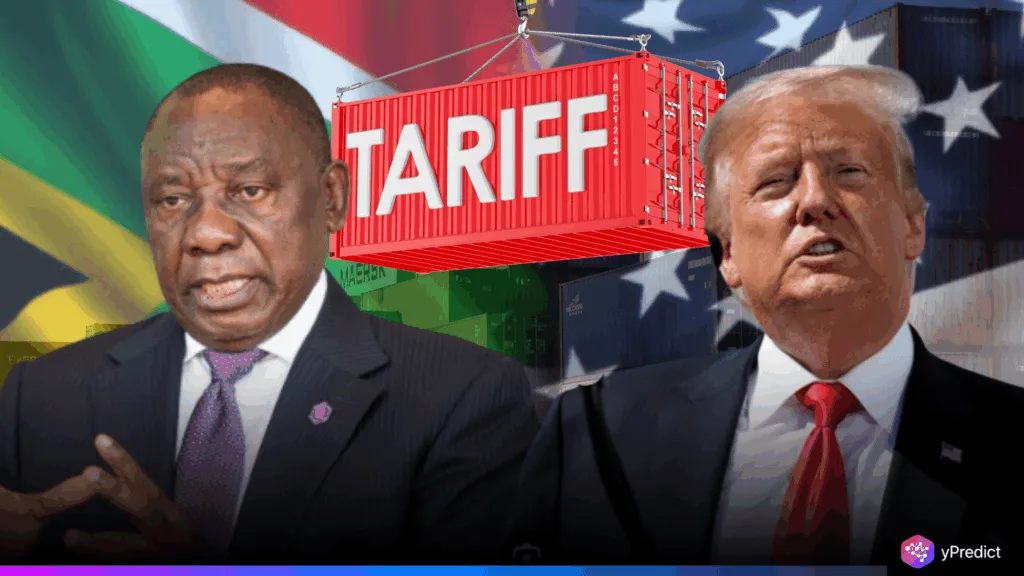
Pretoria and Washington must immediately engage in diplomatic relations in response to the United States’ imposition of a South African tariff. Presidents Donald Trump and Cyril Ramaphosa spoke directly over the phone about the trade dispute. They also talked about how it could impact significant industries.
The action has caused concerns in the export market, especially in steel and agriculture, where the US has become less competitive. South Africa is advocating for a review to preserve jobs and stabilize its economy as trade relations are strained.
Can South African Tariffs Be Rolled Back Soon?
The nation is working harder to persuade Washington to reevaluate the South African tariffs. The Department of Trade, Industry, and Competition is looking into every avenue available to contest the duties under international agreements. Furthermore, officials say discussions are ongoing at various levels to ensure continued access to the American export market.
Business executives caution that producers’ costs are already rising as a result of the tariffs. Steel and agricultural exporters claim that as less costly substitutes emerge, their market share in the US is declining. Additionally, the currency’s slight volatility in recent sessions reflects investor apprehension over the two countries’ current trade relations.
Economists note that while the African Growth and Opportunity Act offers preferential US access, these tariffs undermine its benefits. Therefore, it will be difficult for businesses to maintain their export market share if the duties are maintained. Because their margins will be narrower and their output forecasts will be lower.
Diplomatic Efforts to Resolve South African Tariffs
President Ramaphosa has emphasized that the two nations’ longstanding trade relationship serves as a basis for identifying points of agreement. He believes that cooperation can prevent job losses and maintain economic stability for both sides.
Analysts say the dispute could affect South Africa‘s overall economic outlook and currency performance. Additionally, if a solution is not found, the slowdown in the export market might put more pressure on the rand. However, Pretoria’s ongoing involvement shows that it is prepared to work toward a compromise before long-term harm is done.
Securing Economic Stability through Stronger Trade Ties
The US is taking a more protectionist approach to trade at the moment of the South African tariff controversy. For South Africa, protecting jobs and ensuring a fair environment for exporters are top priorities. Additionally, if communication with Washington continues, the possibility of reversing or easing the duties exists.
Since both economies gain from investment flows and sectoral complementarity, maintaining strong trade relations is essential. Furthermore, whether Pretoria’s diplomatic efforts can calm investors and stabilize the export market will be determined in the upcoming weeks.







